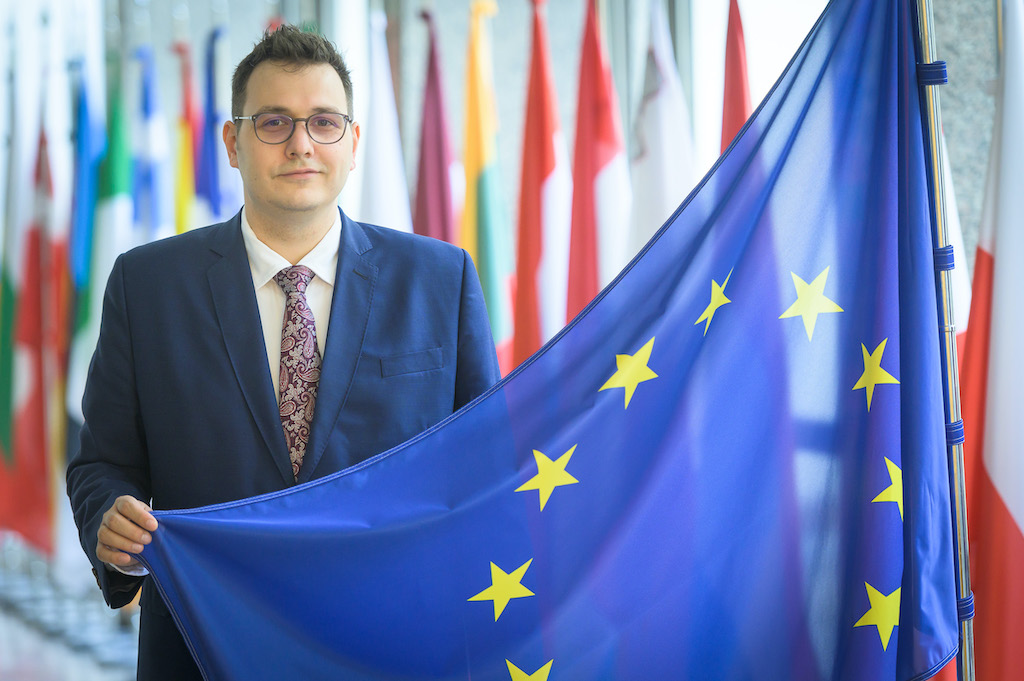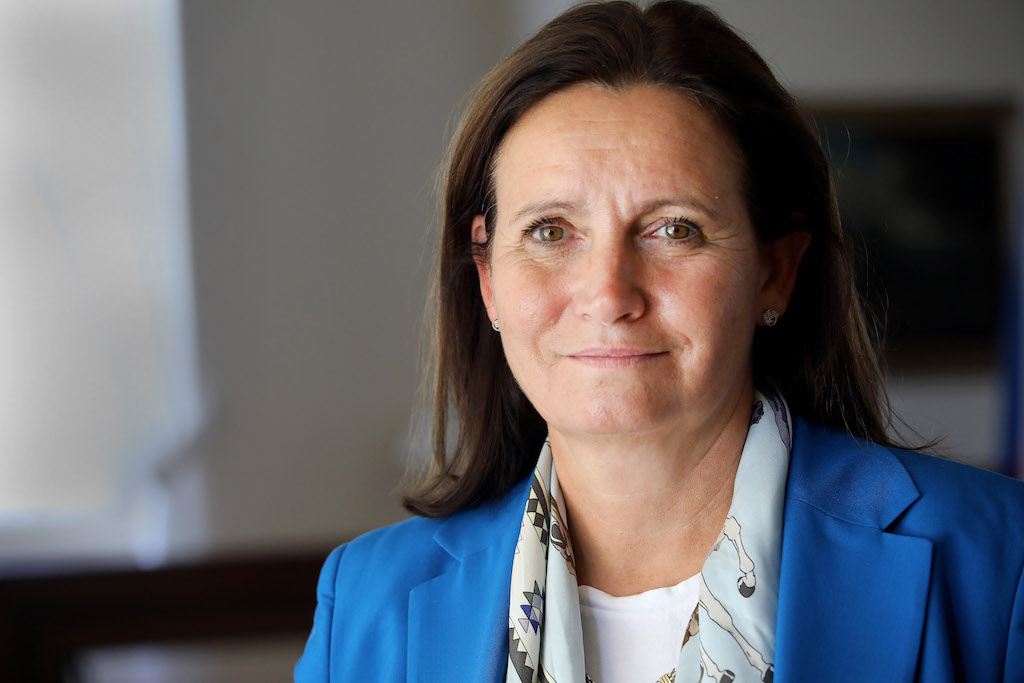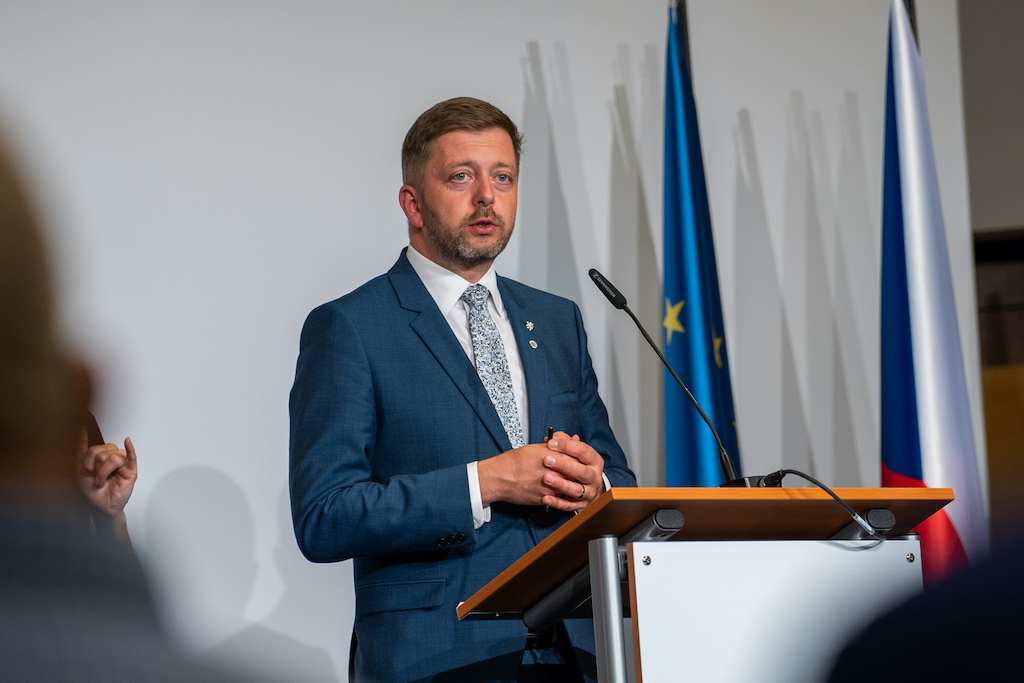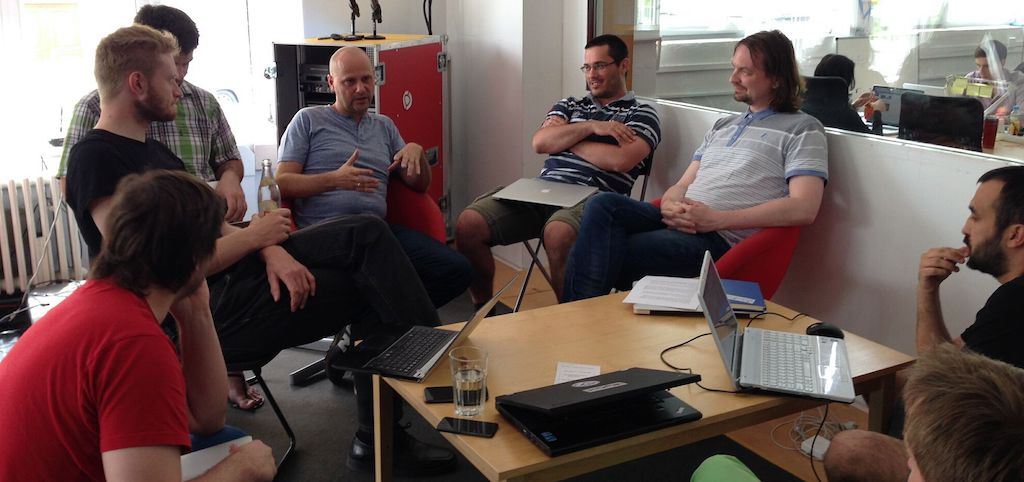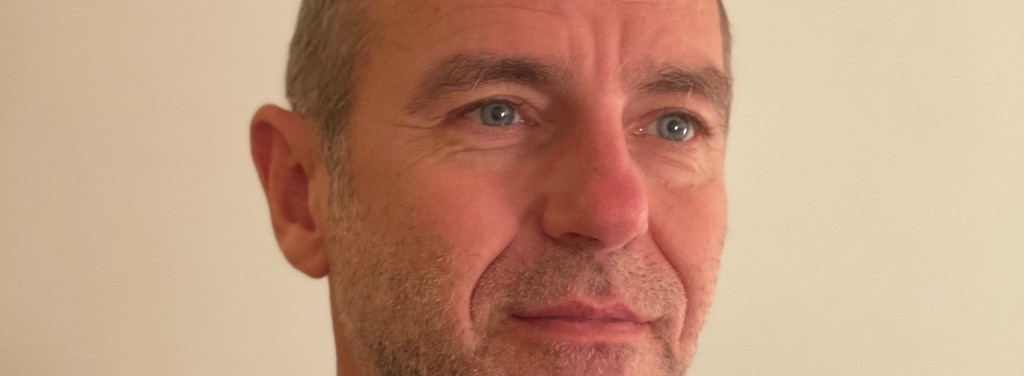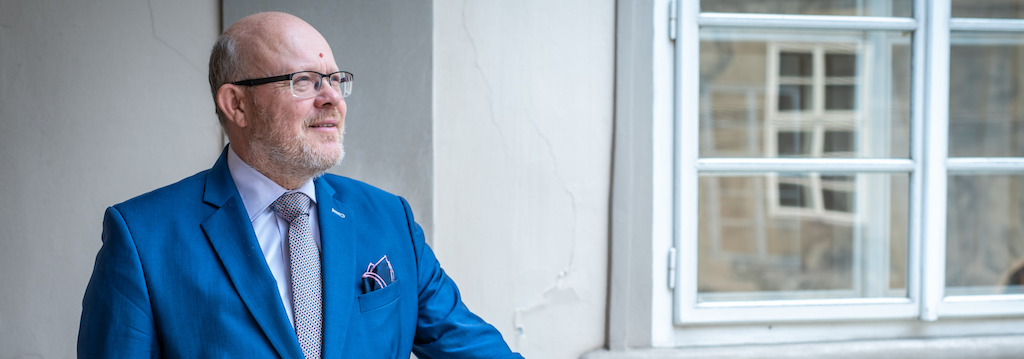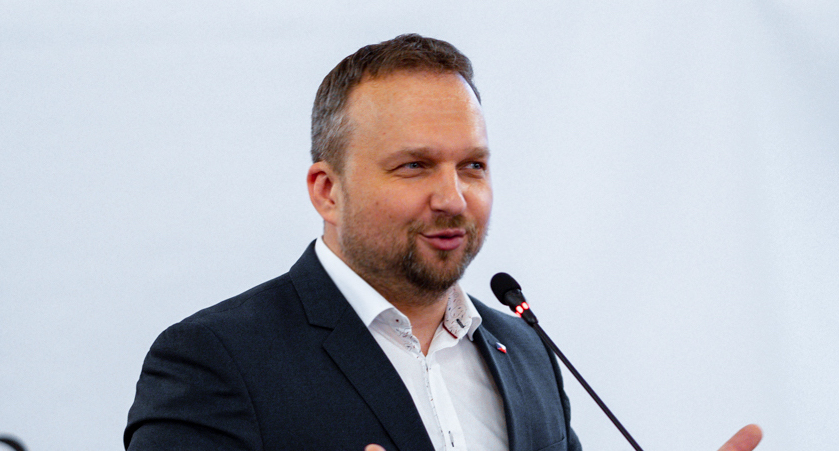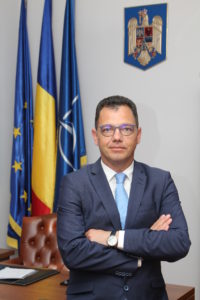 What are your priorities for the Foreign Affairs Council / Trade Presidency?
What are your priorities for the Foreign Affairs Council / Trade Presidency?
Romania’s Trade Priorities for the Presidency of the Council of the European Union were established following transparent public consultation at national level involving institutions, NGOs and citizens. We set ambitious and, at the same time, realistic goals.
We have grouped these priorities on four levels: boosting relations with the Eastern Partnership countries that have signed Partnership Agreements, reducing the economic impact of Britain’s withdrawal from the EU, safeguarding the international order based on rules defined within the World Trade Organization, and promoting the new EU approach to investment protection internationally, especially with regard to the setting-up of the Multilateral Investment Court.
Legislative dossiers such as foreign investment screening in the EU and EU trade negotiations with Mexico, Mercosur, Indonesia, Australia, New Zealand or Tunisia are currently undergoing discussions. They reflect the importance of implementing the EU’s trade policy from the point of view of promoting European values and standards in line with sustainable development objectives and aiming at concrete benefits for European businesses and consumers.
We can say that the priorities of the Romanian Presidency in the field of trade envisage the “EU – global actor” concept. From this perspective, we want to achieve the signing an EU-Vietnam Free Trade Agreement during the Romanian Presidency.
What do you think will be the biggest challenges of this mandate?
There is no question that the biggest challenges will be Brexit and the start of the electoral campaign for the European Parliament, which will affect the European institutions administrative capacity. We are aware that in the first three months we have to put forth a lot of effort to go forward with the negotiations on the up-to-date dossiers.
How do you see the future of the trade relationship with UK after Brexit?
Brexit is an event we did not want, but it is happening and we have to prepare for various scenarios.
Romania supports the promotion of post-Brexit commercial relations that will keep the bilateral trade flows and the effortless circulation of goods between the two partners unaffected, by simplifying customs procedures and maintaining regulatory standards. It is in our interest that economic sectors with an important commercial flow in relation to the UK to benefit from zero customs duties and simplistic customs procedures.
Like other European countries, we look very carefully at the negotiations progress and we assess the impact on SMEs and the economy in general. Romania firmly supports with one voice the negotiations with the United Kingdom, pursuant to the mandate the Member States have previously granted.
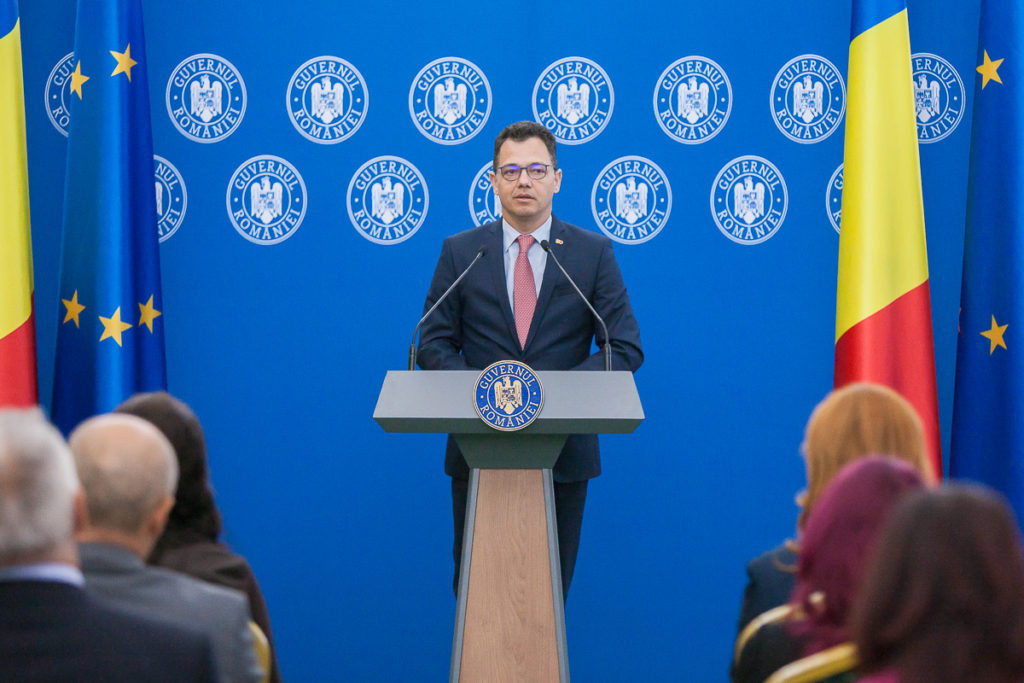
What do you anticipate will be the evolution of the trade relationship with the Eastern Partnership countries?
During the Presidency, we consider the promotion of trade with the Eastern Partnership member states as a priority, notably through the effective implementation of the deep and comprehensive Free Trade Agreements (DCFTAs) provisions as part of the Partnership Agreements with the Republic of Moldova, Georgia and Ukraine.
This can be achieved by diversifying and increasing trade in with these partners, including by identifying priority sectors for compliance with EU regulatory standards. The Trade and Co-operation Panel on Trade Issues within the 2nd Platform for EU-Eastern Partnership Cooperation proposes organizing events dedicated to standardization and technical regulations, sanitary and phytosanitary (SPS) measures, intellectual property rights (IPR), trade facilitation, geographical indications (GIs), Eastern Partnership Trade Helpdesk, and trade promotion through commercial attachés.
In the current geopolitical context, we want to give a very clear message of support for the Eastern Partnership. From Romania’s point of view, you know that there is also a sentimental stake, as we have a historical and linguistic communion with the Republic of Moldova inhabitants.
How does the Romanian business environment perceive the EU Council Presidency?
The business environment is aware of the role that Romania can play in the exercise of the Council Presidency, which is why the expectations are accordingly. Employers’ associations have been involved in defining objectives. And we also have a more visible, easier to understand part, namely the fact that Romania will be at the very heart of European policy for six months is a very good chance to promote country branding and products. The celebration of the Romania’s Centenary in 2018 was a good example of cooperation between the public and private environments in terms of promotion through international economic missions and exhibitions.
What messages do you have for the companies and entrepreneurs in the EU?
As Minister for the Business Environment, I wish Romania to have the most friendly business environment in Central and Eastern Europe. At a wider level of EU policies, we support the creation of a European business incubator network. In Romania, we have proven that the start-up financing program is very efficient, but it also needs support for the acceleration period. We have examples of good practice, but there is no European monitoring. Many companies go to get finance from the US, migrate from Europe, and we lose innovative capabilities – meaning we lose competitiveness. I think the appropriate solutions would be to create a network of business incubators and to support start-up companies and SMEs through the next Multiannual Financial Framework. We should also update the EU’s public policies on the business environment in order to adapt to the digitization level in the years to come and to continue the joint efforts to promote rule-based free trade allowing access to new markets and development of new opportunities and business partnerships for Romanian and European enterprises.





